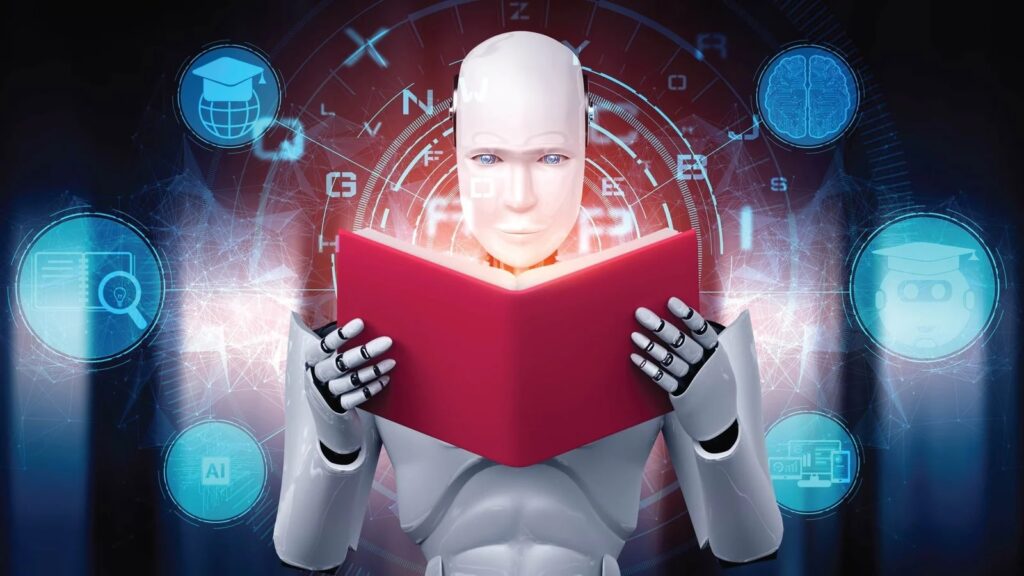
Navigating the Future of Data: Lakehouses, AI, and Catalog Showdowns
The significant pressures artificial intelligence (AI) has placed on data architectures to be more efficient has led to the rise of data lakehouse architectures, which decouple the storage and tracking of data from how it is accessed and processed. The essence of this approach lies in storing datasets within a data lake, utilizing open table…

Leading AI Agents Defining 2025
Influence is no longer a human-only trait. By 2025, AI agents—agile, self-learning, and autonomous—are evolving beyond digital assistants into digital strategists. While many still see them as support tools, today’s most influential AI agents are driving decisions, shaping workflows, and even impacting corporate governance. Beyond the Assistant Role For years, AI agents quietly handled behind-the-scenes tasks—organizing…

Impact of OSH Software on Evolving Workplace Dynamics
As we move through an era defined by rapid technological advancement and intense competition, ensuring employee safety and well-being has become more critical than ever. In response to the alarming statistics from the International Labour Organization (ILO)—which reports around 2.3 million global fatalities each year due to work-related incidents or illnesses—artificial intelligence (AI) is emerging…
Impact of AI on Data Security in 2025
The speed at which cyber attackers are moving presents some massive challenges that organizations must be prepared for in the coming year, especially as innovations like generative AI continue to proliferate. It’s no surprise as generative AI matures and is adopted by more enterprises that threats against data security will continue to grow. We already…
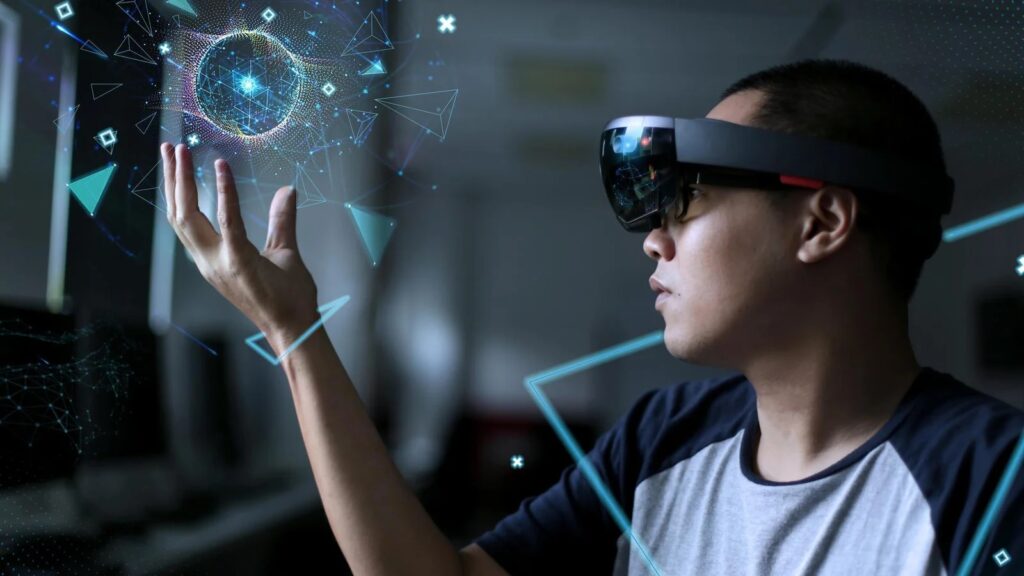
Breaking the AI Hype Cycle with XR: A Defining Shift in 2025
The buzz around GenAI technologies in the workplace is unmistakable. According to a report from Menlo Ventures, business spending on GenAI surged 500% from 2023. Despite the increased spending, realizing the impact of the GenAI gold rush has proved difficult. As we head into the new year, business leaders must prioritize finding value and impact,…
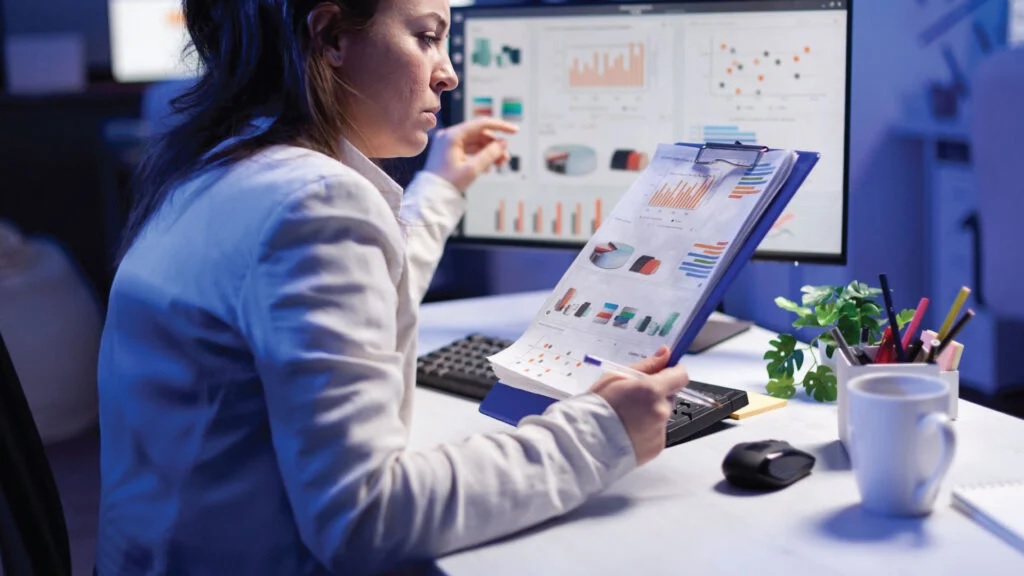
Seamless Data Access and Control with a Unified Data Fabric
In an era where data-driven decision-making is paramount, organizations are constantly searching for effective ways to harness the full potential of their data assets. Enter Unified Data Fabric (UDF)—an innovative and evolving approach that offers a consolidated view of data and its ecosystem. In this blog, we’ll explore what UDF is, its key benefits, and…

How to Implement Cyber Threat Hunting: A Complete 2024 Guide
As cyberattacks become increasingly complex and frequent, traditional cybersecurity measures are struggling to keep pace. Firewalls, antivirus software, and even intrusion detection systems are no longer sufficient to protect modern organizations. In 2024, businesses are likely to face sophisticated threats such as advanced persistent threats (APTs), ransomware, and insider attacks—many of which can bypass automated…

AI Agents vs. AI Assistants: What’s the Difference?
The rapid acceleration of the AI revolution raises a vital question for companies: Are AI agents fundamentally different from AI assistants, or are they just newer iterations of the same technology? For organizations investing in AI-driven transformation, understanding this distinction is critical—it marks a strategic pivot in how AI is deployed across business operations. The…
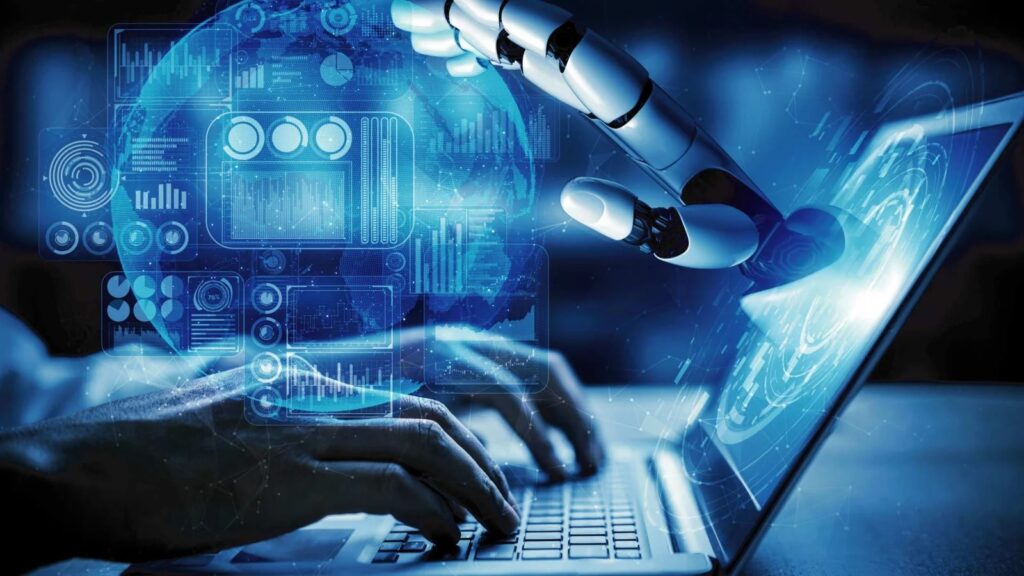
AI and the new era for creatives
The advent of the Internet has had a significant impact on globalization and completely changed how we communicate, learn, and work. However, it seems that the Internet is only ‘stage one’ in a much bigger technological revolution – the one of Artificial Intelligence (AI). The emergence of AI has the potential to transform many fields…
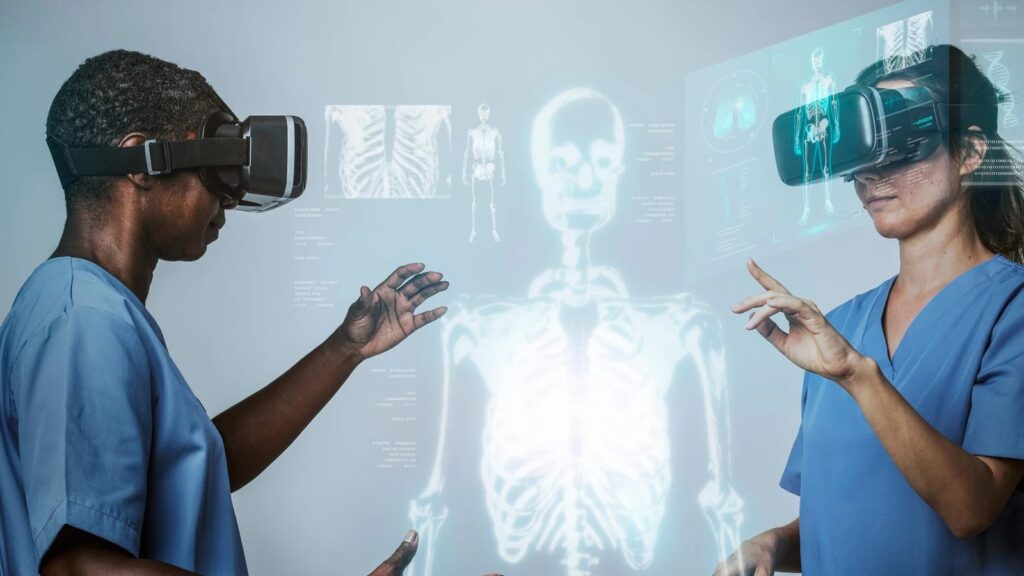
How RPA is Transforming Modern Healthcare
Robotic Process Automation (RPA) was initially designed to cut costs while enhancing operational efficiency. Since its inception, this has remained its core function. In 2025, healthcare discussions are centered around this very theme. The question is no longer about whether automation is necessary but rather about the role of human expertise in an increasingly automated…
- 1
- 2